Middle East Gastronomy Cities
Zahlé - UNESCO City of Gastronomy
Zahlé serves as the primary city in Lebanon's Beqaa Governorate, situated on the eastern slopes of Mount Sannine. It's Lebanon's third most populous urban center, following Beirut and Tripoli, with about 150,000 residents.
Often called the "Beqaa's Jewel" due to its agreeable weather and scenic surroundings, Zahlé boasts a significant cultural background. The city is recognized for its classic houses with red roofs, historic marketplace, and 19th-century buildings, featuring 38 churches and 7 mosques across its landscape.
- Zahlé is celebrated for its wine production and poetic traditions, with a notable food culture
- The Berdawni River region is popular for its waterside eateries and small plate selections
- Regional favorites include mechtah bread, kaak bi halib, and Middle Eastern-style ice cream
What makes Zahlé's food culture stand out
Zahlé's reputation for excellent cuisine is well-established. The city gained recognition from UNESCO's Creative Cities Network as a "Creative City of Gastronomy" in 2013, highlighting the quality and variety of its food offerings.
The Berdawni River area forms the core of Zahlé's culinary appeal. This stretch is filled with numerous restaurants by the water, each aiming to provide the finest traditional Lebanese dishes. Dining by the river here offers a truly unique experience.
Zahlé's food culture is deeply connected to its farming background. The surrounding Beqaa Valley is crucial to Lebanon's agriculture, with grapes as a key crop. This agricultural abundance is reflected directly in Zahlé's cuisine, featuring fresh, locally-grown ingredients prominently.
Which local dishes should I try
When visiting Zahlé, make sure to sample these local specialties:
- Mechtah: This bread is Zahlé's signature food item. It's best consumed right after baking and is fundamental to local eating habits.
- Kaak bi halib: A tender, milk-based roll that goes well with morning beverages.
- Erben: Another Zahlé specialty, also known as "sacred bread."
- Middle Eastern-style ice cream: Finish your meal with this local sweet treat. The ashta (clotted cream) flavor is especially well-liked.
- Semsmiyeh and lawziyyeh: You can find these sweets sold from carts along the Berdawni River.
Tell me about the famous small plates
Lebanese cuisine is known for its small plates, and Zahlé doesn't disappoint in this regard. These small dishes served as starters, are a key part of the dining experience. In Zahlé, you'll encounter a wide array of options that showcase the area's flavors.
Some popular small plate dishes you might come across include:
- Hummus: A smooth chickpea spread
- Tabbouleh: A light salad made with parsley and bulgur
- Fattoush: A bread-based salad with mixed greens and sumac
- Kibbeh: Ground meat mixed with bulgur wheat, often served raw or fried
- Labneh: Strained yogurt typically served with olive oil
Many eateries along the Berdawni River focus on these small plates. It's typical to order several dishes to share, making it a communal dining event.
What's the connection between Zahlé and wine
Zahlé's connection to wine is deeply ingrained in its history and culture. The city is often referred to as the "City of Wine and Poetry," reflecting its long-standing wine-making tradition.
The Beqaa Valley that surrounds Zahlé has been producing wine for millennia. Today, it's home to some of Lebanon's most respected wineries. The area's climate and soil are perfect for growing grapes, resulting in high-quality wines.
Some notable wineries near Zahlé include:
- Château Ksara: Lebanon's oldest winery, established in 1857
- Domaine des Tourelles: Founded in 1868, known for its traditional methods
- Château Kefraya: Produces a wide selection of wines, including reds, whites, and rosés
Many of these wineries offer tours and tastings, providing an excellent chance to try local wines and learn about wine production.
Are there any special food experiences to check out
For a memorable food experience in Zahlé, consider these options:
- Riverside dining: Have a meal at one of the restaurants along the Berdawni River. The mix of good food and beautiful views is hard to top.
- Wine sampling: Visit a local winery for a tasting session. It's a great way to appreciate the area's wine-making heritage.
- Street food walk: Wander through the old market and try various street foods like kaak, manakish, and falafel.
- Arak tasting: Arak, an anise-flavored drink, is popular in Zahlé. Many cafés serve it throughout the day.
- Cooking lesson: Some local restaurants and guest houses offer cooking classes where you can learn to make traditional Lebanese dishes.
How can I get around and find good food
Zahlé is a fairly small city, making it easy to walk around, especially in the old town area. For longer trips, taxis are readily available.
To find good places to eat:
- Talk to locals for suggestions. Zahlé residents are proud of their food heritage and often happy to share their favorite spots.
- Check out the Berdawni River area. This is where many of the city's well-known restaurants are located.
- Visit the old market for street food and local specialties.
- Look at online review sites for highly-rated restaurants.
- Take a food tour if available. These can offer insights into the local food scene and culture.
Keep in mind that in Lebanon, meal times tend to be later than in some Western countries. Lunch is usually served between 1-3 pm, and dinner from 8 pm onwards.
FAQs
When's the best time to visit Zahlé for food enthusiasts?
Food lovers should aim to visit Zahlé during the "Festival of the Vine" in September. This yearly event celebrates the area's wine and food traditions with music, displays, and plenty of food and wine tastings.
Can I bring back any food items as souvenirs from Zahlé?
Yes, there are several food items you can take home as mementos. Local wines, arak, and zaatar (a Middle Eastern spice mix) are popular choices. You might also find packaged sweets like baklava or maamoul that travel well.
Is Zahlé a good place for vegetarian or vegan visitors?
While Lebanese cuisine includes many meat dishes, there are also numerous vegetarian and vegan options. Many small plate dishes are plant-based, such as hummus, baba ganoush, and tabbouleh. Just make sure to clarify that you don't eat meat or animal products when ordering.
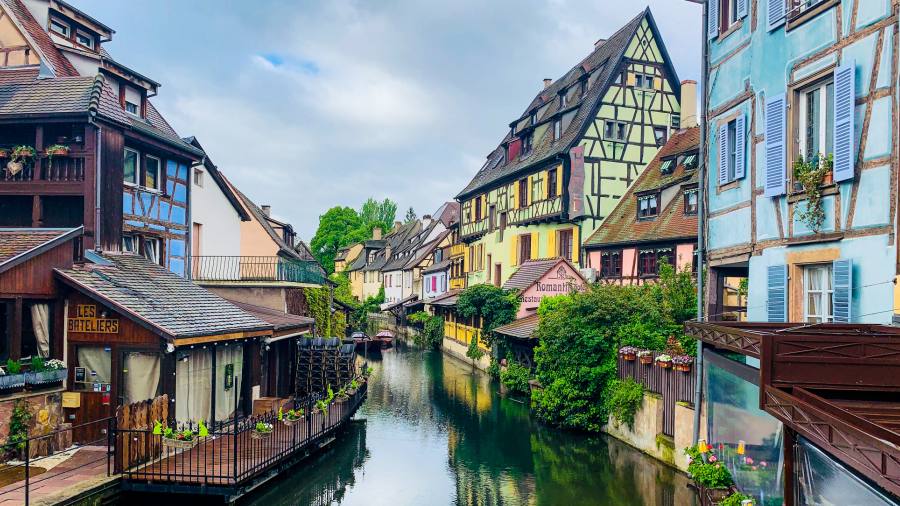
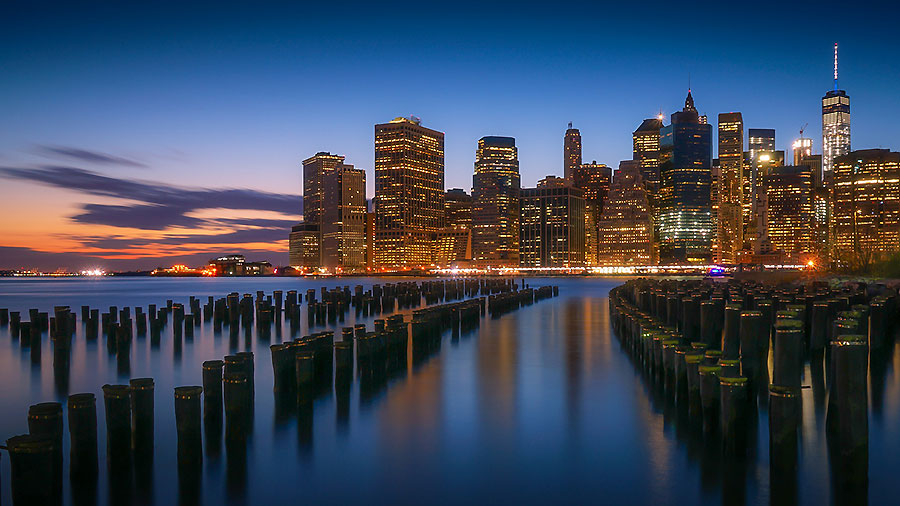

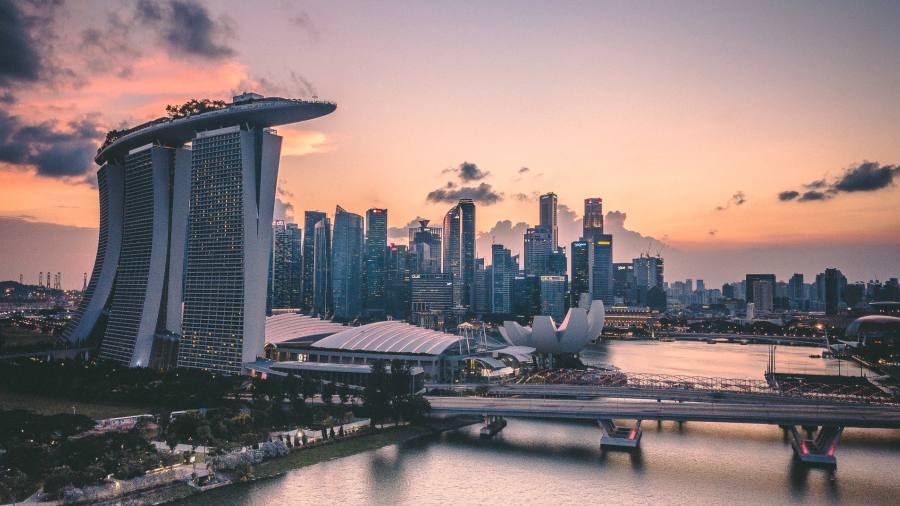
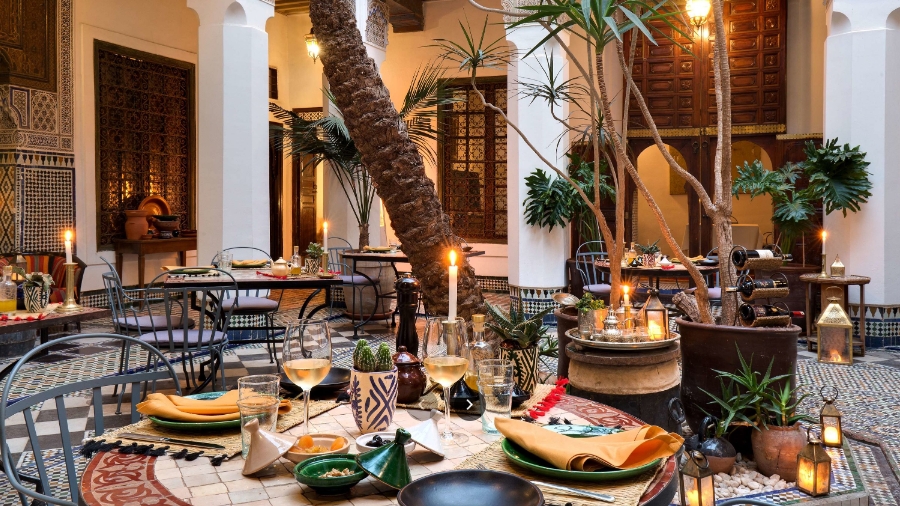
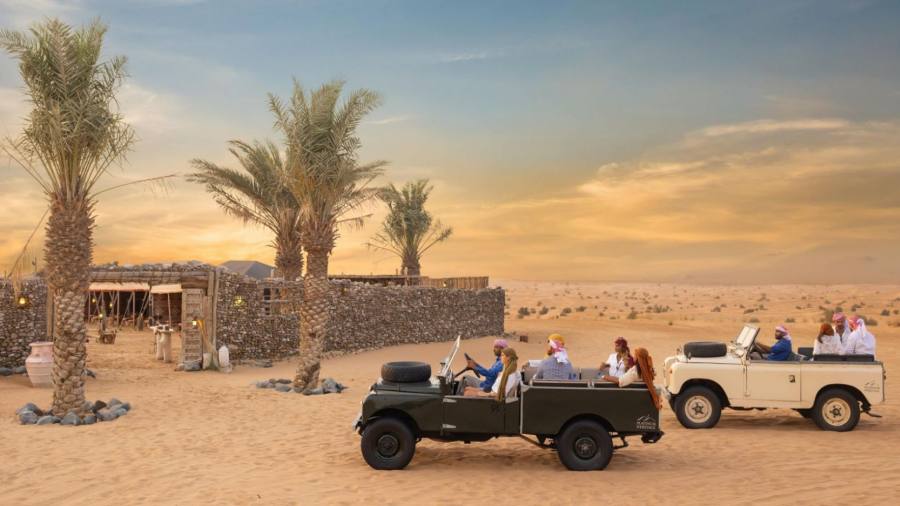
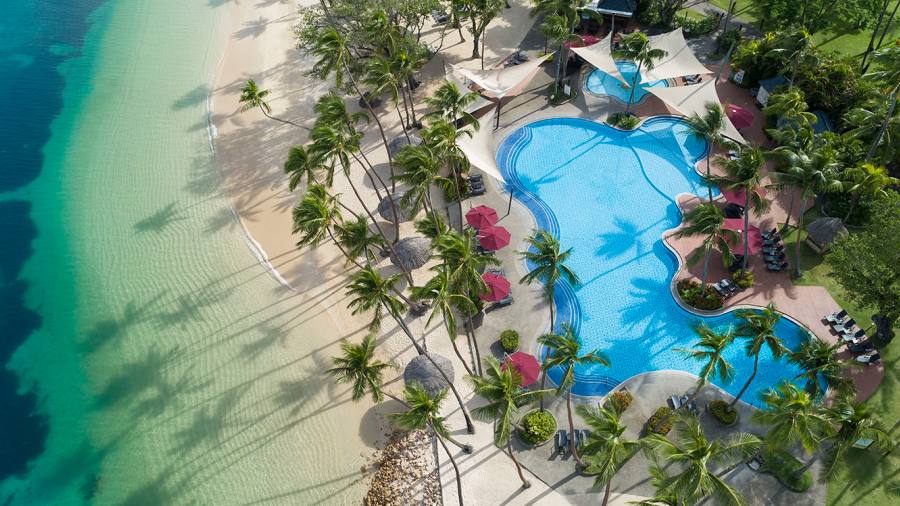

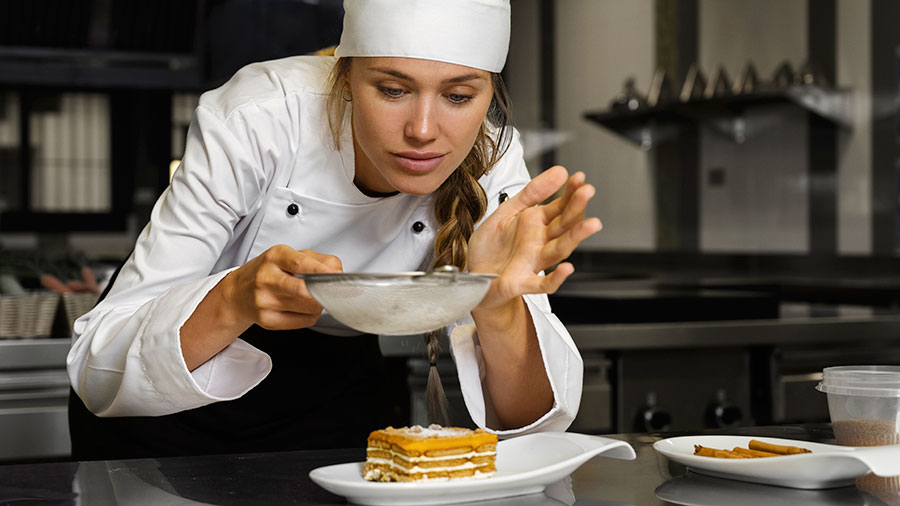
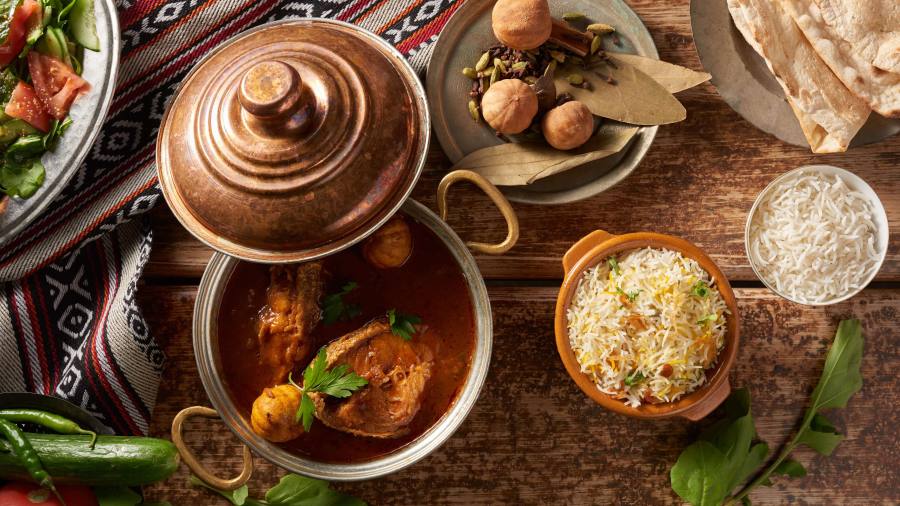

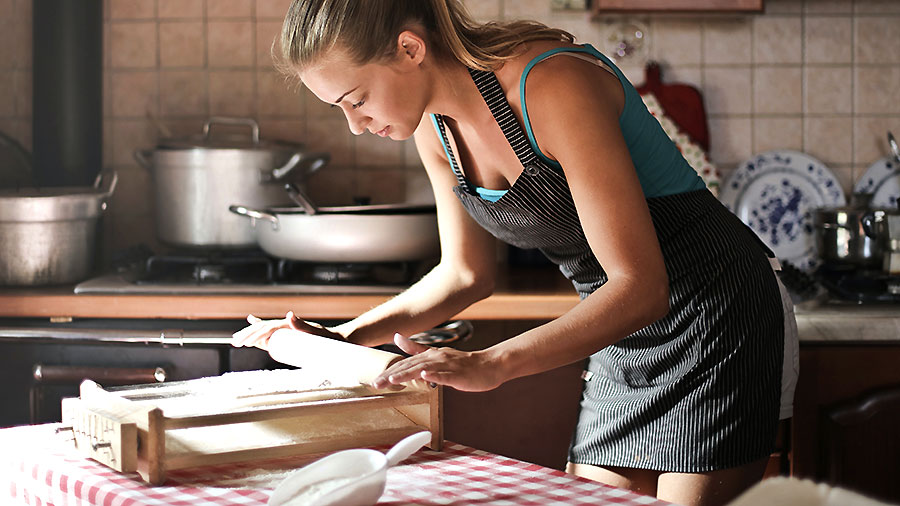
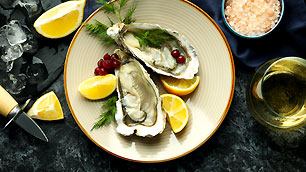 Must Try Foods
Must Try Foods
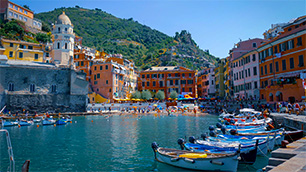 Gastronomy Cities
Gastronomy Cities
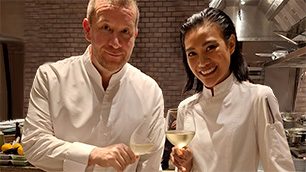 Chef's Talk
Chef's Talk